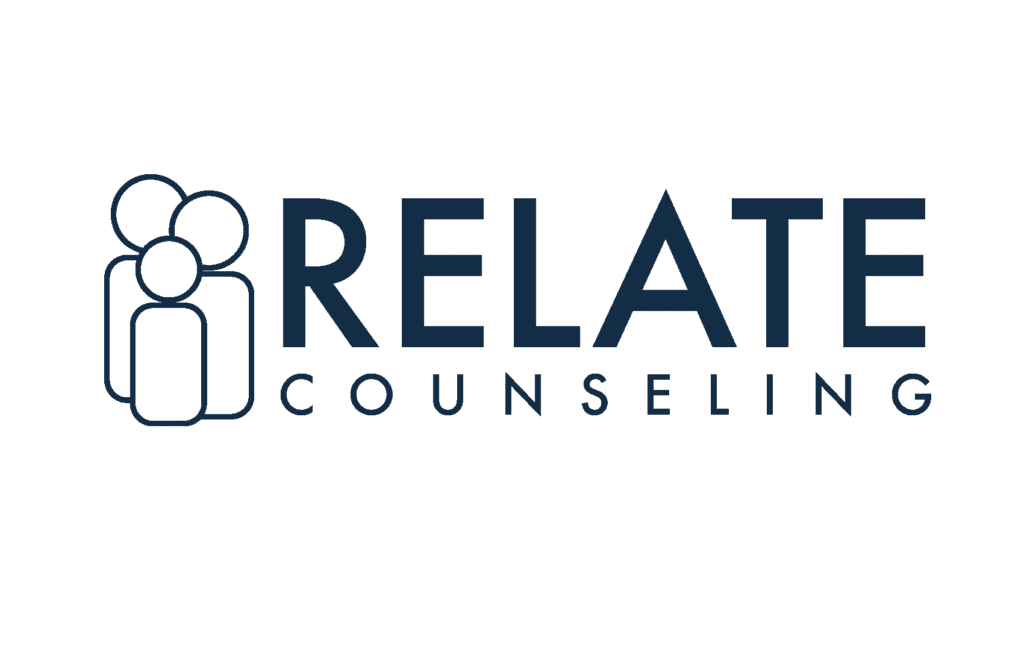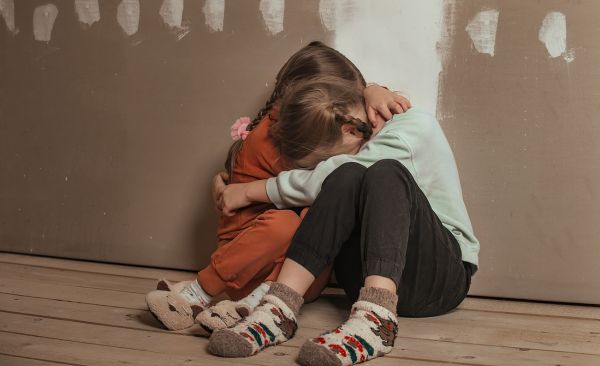Family dysfunction happens when family members have ongoing conflicts, poor communication, or unhealthy behavior patterns. You might wonder, “Why is my family like this?” Sometimes, it’s a result of generational trauma, where harmful behaviors get passed down. Other times, it might be due to unmet emotional needs, addictions, financial stress, or personality clashes. No family is perfect, but repeated negative patterns can deeply affect everyone involved.
The good news is that you’re not powerless. By learning about family dysfunction, you can begin the healing process. Understanding the causes is the first step to breaking free from harmful cycles and creating healthier relationships.
Why Do Families Become Dysfunctional?
Generational Patterns
Sometimes, family problems are passed down over time. A parent who grew up in a strict or neglectful household might repeat those same behaviors with their children. If nobody works to change these habits, they continue to harm future generations.
Lack of Communication
When family members don’t talk openly, misunderstandings and resentment can build. Many people avoid hard conversations out of fear, making things worse over time. Poor communication can lead to a toxic environment where issues go unresolved.
Emotional or Physical Abuse
Abuse, whether verbal, emotional, or physical, creates lasting scars. Even subtle forms, like manipulation or constant criticism, can damage trust and self-esteem. Abuse often leaves family members walking on eggshells, unsure how to interact without triggering conflict.
External Pressures
Financial struggles, health problems, and major life changes can put a strain on families. These external challenges might amplify existing problems and create new tensions, leaving little room for bonding or support.
Addiction and Mental Health Issues
Substance abuse, untreated mental health disorders, or chronic stress can turn a family’s environment toxic. These issues don’t just affect the person dealing with them but impact everyone around them.
How Dysfunction Affects You
Living in a dysfunctional family can deeply affect your emotional well-being, behavior, and personal relationships. The impact often extends far beyond childhood, shaping who you become as an adult. Here are some common ways it manifests:
Difficulty Trusting Others
Growing up in an environment where trust was frequently broken or where you felt unsupported can make trusting others a challenge. You may second-guess people’s intentions or find it hard to open up emotionally.
Struggles with Boundaries
In dysfunctional families, boundaries are often blurred or completely ignored. This can leave you feeling either overly responsible for others or unsure how to assert your own needs. As an adult, you might say “yes” to things that make you uncomfortable or have trouble protecting your time and energy.
Emotional Challenges
It’s common to experience lasting feelings of anxiety, depression, or low self-worth if your family environment was critical or unpredictable. These feelings can weigh heavily, influencing your daily life and how you perceive yourself.
Relationship Difficulties
Dysfunctional families can make it hard to form healthy connections with others. You might struggle with intimacy, fear abandonment, or unintentionally repeat unhealthy patterns in your romantic relationships and friendships.
Recognizing these effects is the first step in healing. By understanding how your family dynamics shaped your behaviors, you can begin to break free from their influence and build a healthier future.
What Can You Do to Heal?
Healing from family dysfunction is not easy, but it is possible. With time, dedication, and the right steps, you can begin to mend your wounds and create healthier relationships both within your family and in your life.
Acknowledge the Problem
The first step to healing is acknowledging that there is a problem. This can be the hardest part, but it is essential. Recognize that your family dynamics are not healthy and that changes need to be made.
Seek Professional Help
Therapists or counselors can be incredibly helpful. They provide a safe space to talk about your feelings and experiences. Family therapy can also help if you choose to involve other family members. Professional help guides you through the healing process, offering new perspectives and strategies.
Set Boundaries
Boundaries are essential in any relationship, especially in dysfunctional families. Learn to say no when necessary and protect your emotional well-being. It’s okay to distance yourself from toxic behaviors and people, even if it means limiting contact with family members.
Practice Self-Care
Healing starts with taking care of yourself. Engage in activities that make you happy and relaxed. This can be anything from reading a book, going for a walk, engaging in hobbies, or spending time with supportive friends. Self-care helps you build resilience against the negative effects of family dysfunction.
Educate Yourself
Knowledge is power. Educate yourself about family dynamics, mental health issues, and healthy communication techniques. Books, articles, and online resources can provide valuable insights. Understanding more about your situation helps you handle it better.
Connect with Others
It’s important to remember that you are not alone. Many people have experienced family dysfunction and have found ways to heal. Support groups and online communities can offer support, share experiences, and provide encouragement.
Develop Healthy Communication Skills
Learn and practice healthy communication skills. This includes active listening, expressing your feelings without blame, and being open to feedback. Improving your communication skills can help repair some family relationships and improve new ones outside your family.
Forgive and Let Go
Forgiveness is a powerful tool for healing. This does not mean forgetting or excusing harmful behavior, but rather releasing the bitterness and anger inside you. Forgive for your peace of mind and emotional freedom.
What If Your Family Won’t Change?
It’s natural to wish your family would grow and heal alongside you, but sometimes that isn’t the case. While this realization can feel disappointing, it doesn’t make your personal growth any less meaningful. Every effort you make contributes to creating a healthier and more fulfilling life for yourself.
If the relationships in your family become too toxic, it is okay to take a step back or reduce contact. Setting boundaries and protecting your peace is not an act of selfishness—it is a vital part of your well-being and healing path.
Final Thoughts
Family dysfunction can feel overwhelming, but healing is possible. By understanding the causes, addressing your pain, and building healthier habits, you can break the cycle. Whether your family joins you on this journey or not, the effort to create a more peaceful, fulfilling life is always worth it.
Every step you take toward healing helps you reclaim your sense of self and build the life you deserve. If you’re looking for support on your healing path, Relate Counseling is here to help. coping with family dysfunction
We offer compassionate and professional services designed to guide you through the challenges of family dynamics and personal growth. Contact us today for more details.




